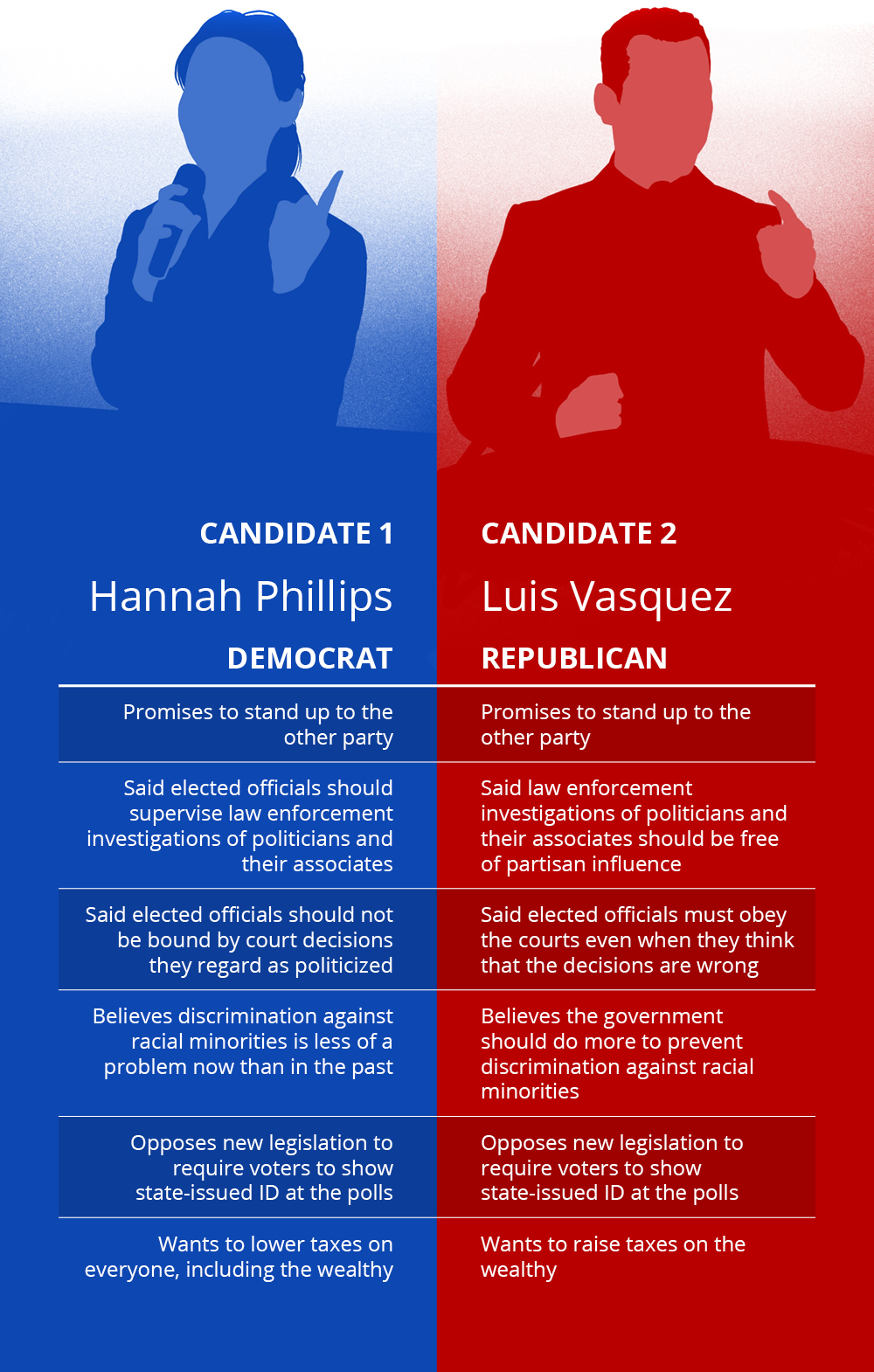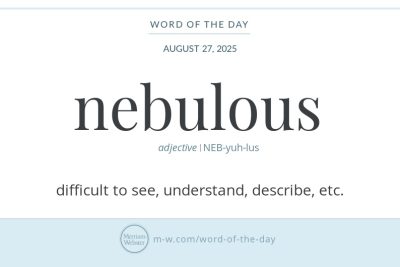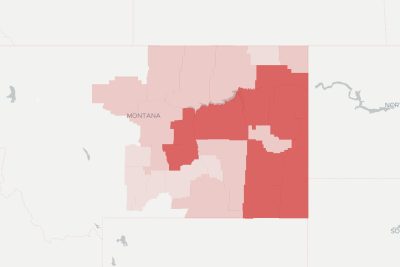
Dem Politics: Understanding Beliefs of Blue Democracy

In recent years, the landscape of dem politics has become increasingly polarized, making it crucial to understand the foundational beliefs behind blue democracy. The Democratic Party has established itself as a beacon of progressive values, advocating for social justice and equality across a variety of sectors. This article aims to explore the core principles driving blue democracy, highlighting how these ideals manifest in different policies and initiatives championed by the party.
As we delve deeper into the intricacies of blue democracy, it’s important to appreciate the historical context from which the Democratic Party emerged. The evolution of its beliefs and strategies reflects a commitment to adapt to the changing needs of society while remaining steadfastly focused on enhancing the lives of all citizens, particularly those from marginalized communities. Understanding these overarching principles serves as a foundation for grasping the contemporary relevance of democratic ideology in political discourse.
- The Core Principles of Blue Democracy
- Historical Context of the Democratic Party
- Advocacy for Civil Rights and Minority Representation
- The Role of Welfare Programs
- Understanding the Progressive Tax System
- Environmental Protection and Climate Change Policies
- Gun Control: Balancing Safety and Rights
- Immigration Reform: Policies and Perspectives
- Championing Workers' Rights
- Challenges Facing Blue Democracy Today
- Conclusion: The Future of Democratic Beliefs
The Core Principles of Blue Democracy
At the heart of blue democracy lies a strong commitment to promoting social and economic equality. This principle seeks to reduce disparities among different socioeconomic groups through inclusive policies that aim to elevate disadvantaged communities. Democrats argue that equality is not merely an abstract ideal but a necessary condition for a thriving democracy. To achieve this, many Democrats advocate for initiatives such as universal healthcare, affordable housing, and access to quality education, which can help lift people out of poverty and provide everyone with opportunities regardless of their background.
Government Intervention vs. Individual Liberties
A critical aspect of blue democracy involves the balance between necessary government intervention and the preservation of individual liberties. Proponents of democratic policies believe that a well-regulated government has the ability to address inequities and support vulnerable populations without infringing upon personal freedoms. While critics argue that increased government control can diminish individual rights, Democrats assert that a level of intervention is essential for ensuring fairness and equality in a capitalist system. Thus, discussions around the role of government are often central in debates surrounding dem politics.
Historical Context of the Democratic Party
The Origins of the Democratic Party
The Democratic Party traces its roots back to the early 19th century, evolving from the Democratic-Republican Party founded by Thomas Jefferson. Initially focused on agrarian interests and states' rights, the party began to shift its focus during the Progressive Era as issues of labor, suffrage, and civil rights gained prominence. This transformation marked a significant moment in blue democracy as the party began to embrace a more comprehensive vision of social justice that included a commitment to civil rights and the well-being of the working class.
The New Deal Coalition
One of the most consequential periods for the Democratic Party was the New Deal era under President Franklin D. Roosevelt in the 1930s, which introduced sweeping reforms aimed at recovering from the Great Depression. This coalition of various social groups—labor unions, minorities, and the urban working class—solidified the party's commitment to government intervention in the economy. The legacy of the New Deal continues to shape dem politics today, reinforcing a belief in the government's role in providing a social safety net through various welfare programs.
Advocacy for Civil Rights and Minority Representation
Historic Milestones in Civil Rights
The fight for civil rights has been a relentless focus for the Democratic Party, particularly during the 1960s when landmark legislative achievements such as the Civil Rights Act and the Voting Rights Act were passed. These pieces of legislation marked a pivotal moment in blue democracy, as they sought to dismantle institutionalized racism and ensure equal rights for all citizens. Democrats' commitment to civil rights has led to increased representation of minorities within the party, making diversity a fundamental principle of modern democratic politics.
The Role of Grassroots Movements
Grassroots movements have played an essential role in advocating for civil rights and social justice within blue democracy. Organizations that focus on racial equality, gender issues, and LGBTQ+ rights have pushed the Democratic Party to confront systemic injustices and advocate for comprehensive policy reform. The ongoing dialogue between these movements and party leaders continues to shape the direction of democratic policy concerning civil rights.
The Role of Welfare Programs
The Democratic Party has long championed the need for effective welfare programs that provide a social safety net to mitigate economic hardship. Programs like Medicaid, food assistance, and unemployment benefits are viewed as essential in supporting families during difficult times, ensuring that no individual falls through the cracks. Advocates of blue democracy argue that investing in social safety nets is not merely a compassionate act but a necessary investment in the nation's future, fostering economic stability and social mobility.
Challenges to Welfare Funding
Despite the party's commitment to welfare programs, challenges persist in securing sustainable funding. Opposition from conservatives often arises, arguing against expansion and promoting a narrative centered on personal responsibility. Navigating these political landscapes remains a key concern for dem politics, as advocates of blue democracy strive to defend and expand these vital resources while addressing concerns of efficiency and accountability.
Understanding the Progressive Tax System
The Principle of Taxation for Equality
A hallmark of blue democracy is the commitment to a progressive tax system, which levies higher tax rates on higher income earners. This approach is rooted in the belief that those who can contribute more to society should do so, thereby facilitating increased funding for public services and welfare programs. Advocates argue that a progressive tax system not only addresses income inequality but also enhances overall economic growth by redistributing wealth to support those in need.
Debates Surrounding Tax Reforms
While the principles of a progressive tax system are widely endorsed within blue democracy, there remains division over how far tax reforms should go. Some argue for higher taxes on the wealthy to fund universal healthcare and education, while others express concerns over potential disincentives for economic productivity. These debates underscore the complexities within dem politics as Democrats seek to balance equity with economic growth.
Environmental Protection and Climate Change Policies
Commitment to Sustainability
In an era marked by climate change and environmental degradation, the Democratic Party has emerged as a staunch advocate for environmental protection policies. Emphasizing sustainability, Democrats support initiatives that aim to reduce carbon emissions, promote renewable energy, and preserve natural resources. This commitment to environmental stewardship is integral to the vision of blue democracy, reflecting the understanding that a healthy environment is crucial for future generations.
Green New Deal and Policy Initiatives
The Green New Deal has become a prominent pillar in the Democratic agenda, proposing a comprehensive approach to tackle climate change while creating jobs and fostering economic growth. This sweeping initiative illustrates how blue democracy seeks to intertwine environmental policies with broader economic and social objectives, aiming to achieve a livable future for all citizens.
Gun Control: Balancing Safety and Rights
Advocacy for Stricter Gun Laws
The issue of gun control represents a deeply polarized facet of dem politics. Democrats advocate for stricter gun laws in an effort to reduce violence and promote public safety. Proponents of gun control argue that common-sense regulations, such as background checks and restrictions on assault weapons, are necessary to protect communities while respecting Second Amendment rights.
The Ongoing Debate
Despite the rationale behind these proposals, the gun control debate often incites strong opposition from gun rights advocates. Consequently, Democrats face ongoing challenges in achieving meaningful reform. Navigating this complex issue remains vital for blue democracy as party leaders work to reconcile public safety with individual liberties.
Immigration Reform: Policies and Perspectives
The Importance of Inclusive Immigration Policies
At the heart of blue democracy is a progressive stance on immigration reform that emphasizes inclusivity and compassion. Democrats advocate for policies that offer pathways to citizenship for undocumented immigrants, seeking to create a more equitable immigration system that recognizes the contributions of immigrants to society. This approach reflects the belief that diversity strengthens the nation and should be embraced rather than shunned.
Challenges in Immigration Policy
Despite ongoing advocacy for immigration reform, the topic remains contentious, with significant debates over border security and the legitimacy of asylum claims. Democrats must continue to engage in discussions that uphold the values of humanity and fairness while addressing legitimate national security concerns. This dual necessity comprises a major aspect of dem politics as it navigates the complexities of immigration issues.
Championing Workers' Rights
A Commitment to Labor Rights
One of the cornerstone beliefs of blue democracy is the commitment to championing workers' rights and improving labor conditions. The Democratic Party has historically aligned itself with labor unions and has advocated for policies that protect workers, such as raising the minimum wage, ensuring paid family leave, and enhancing workplace safety standards. This advocacy stems from the belief that fair labor practices are fundamental to a just society that empowers individuals and promotes economic equity.
Challenges Faced by Workers Today
Despite the advances made in labor rights, challenges remain, particularly with the rise of the gig economy and issues of job security. Democrats are working to adapt labor laws to meet the needs of a changing workforce, emphasizing the importance of equitable pay and benefits. Such efforts are essential for sustaining the core values of blue democracy in light of evolving economic realities.
Challenges Facing Blue Democracy Today
Political Polarization
As part of the landscape of dem politics, blue democracy faces significant challenges stemming from political polarization. The increasing divide between Democrats and Republicans often results in a stalemate on critical issues, inhibiting progress. This polarization complicates bipartisan efforts to enact policies reflective of democratic values, emphasizing the need for dialogue and compromise as essential elements of a healthy democracy.
Addressing Community Divides
Within the party, there are also divisions between moderate and progressive factions that can lead to tensions in policymaking. Striking a balance between these perspectives is crucial as Democratic leaders work towards unifying the party and presenting a cohesive vision that can appeal to the broader electorate. Overcoming these divides will play a significant role in shaping the future of blue democracy.
Conclusion: The Future of Democratic Beliefs
As we look ahead, the future of blue democracy hinges on the Democratic Party’s ability to navigate contemporary challenges while remaining true to its core values of equity, inclusion, and social justice. The ongoing commitment to social and economic equality, environmental protection, civil rights, and workers’ rights will guide the party’s evolution in the face of changing political dynamics. Understanding the beliefs that underpin dem politics is essential for fostering a vibrant and inclusive democracy that resonates with the aspirations of all Americans.
In conclusion, blue democracy embodies a vision of a compassionate and equitable society, where the government actively seeks to promote the welfare of its citizens through progressive policies. By continuously advocating for these principles, the Democratic Party maintains its relevance and purpose in shaping a better future for generations to come.
Did you find this article helpful? Dem Politics: Understanding Beliefs of Blue Democracy See more here Education.
Leave a Reply






Related posts